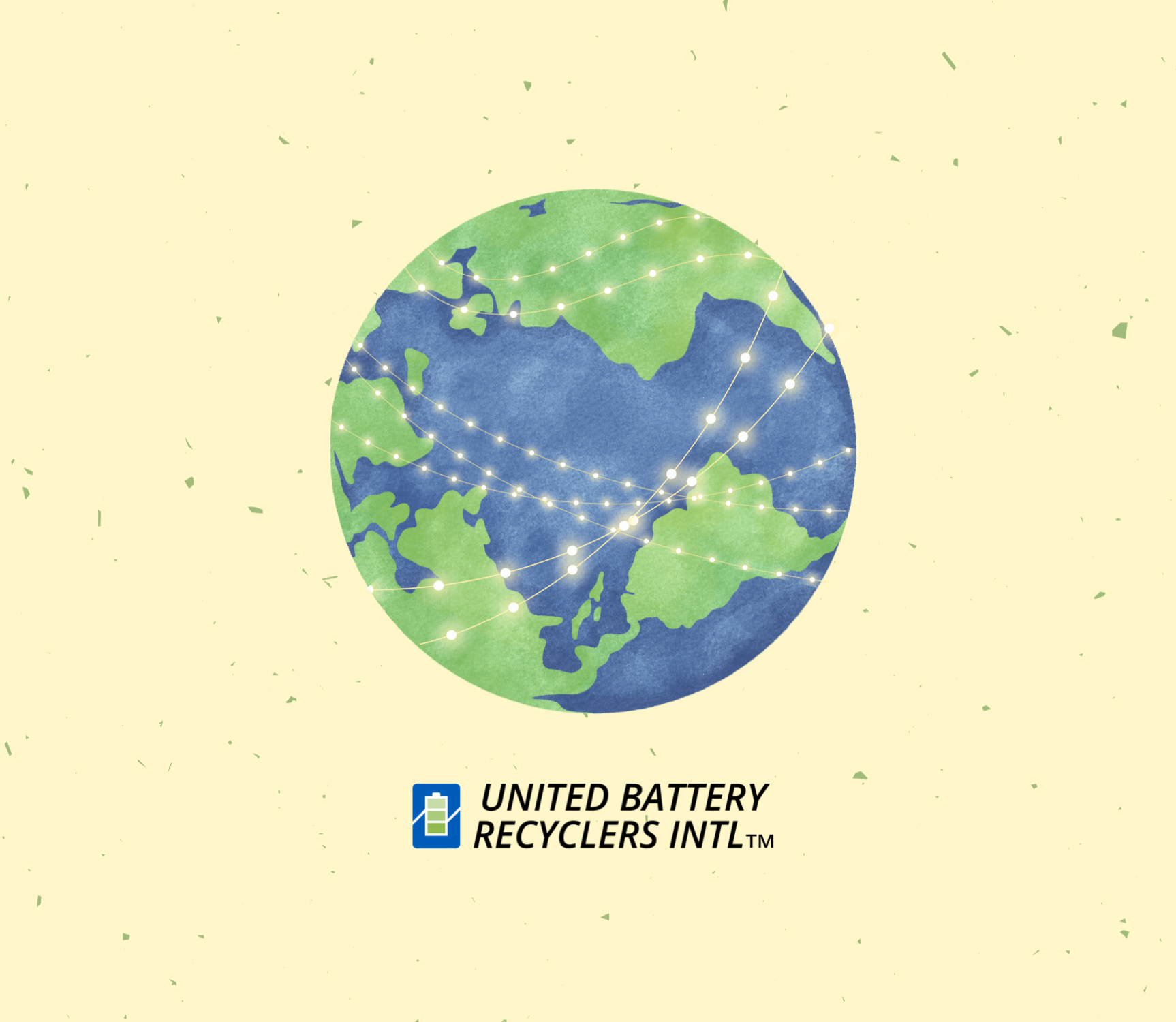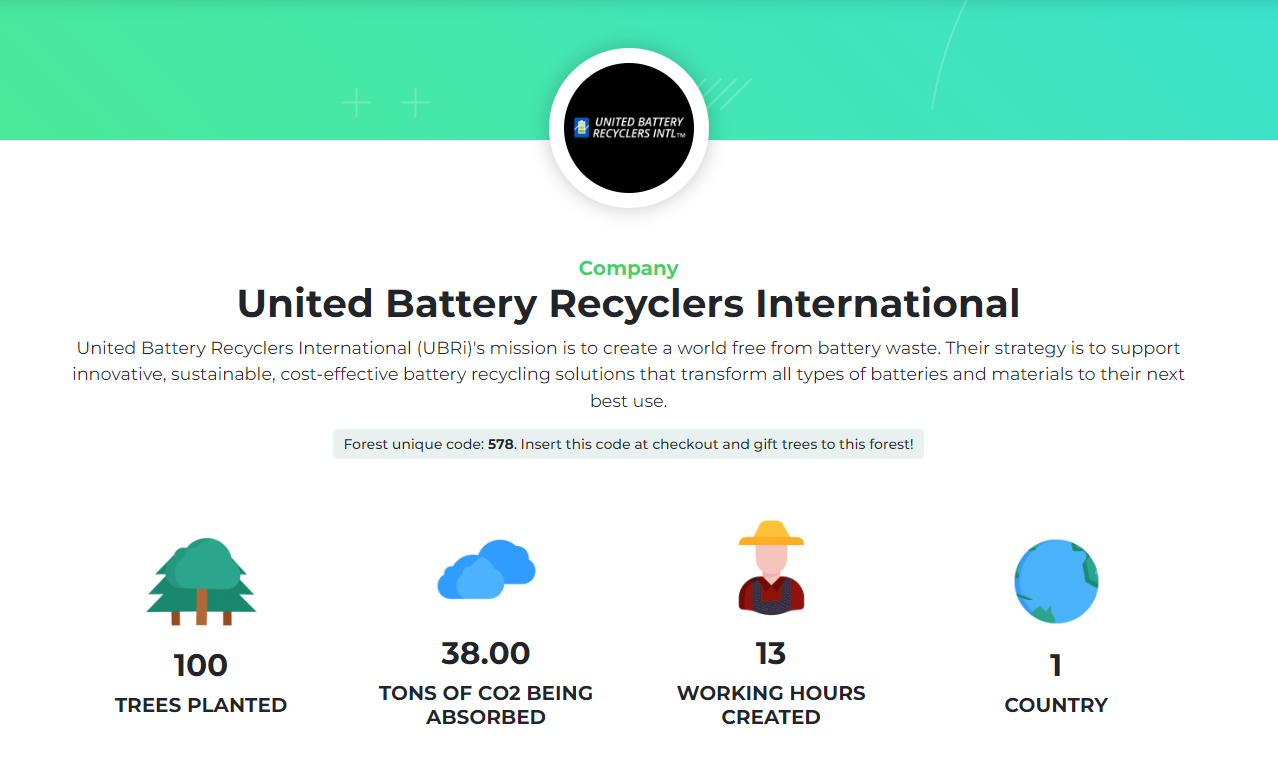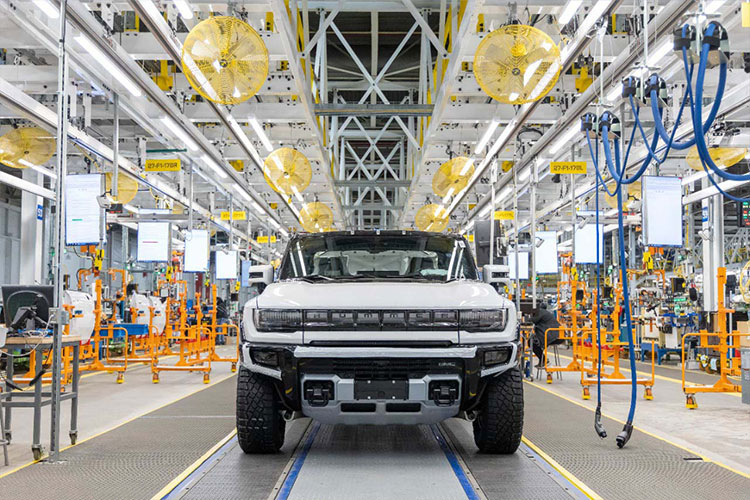This information is sourced from cars.usnews.com and is written by Perry Stern.
Electric cars may still be a small percentage of overall sales in America but that percentage is growing every month as these innovative means of personal transportation continue to gain popularity. One of the strongest arguments against EVs is that the batteries will just end up in a landfill. While most EV car batteries are not ready for retirement, many car companies are planning and preparing to be able to recycle those end-of-life lithium-ion batteries, keeping them out of the landfills and reusing the raw materials to produce new batteries which will ultimately make EVs more sustainable and affordable.
Lithium Ion
Most electric cars use a lithium-ion battery pack, and the good news is that there has been technology in place for recycling these types of batteries for years as they have been used in a variety of devices from laptops to cell phones. Multiple companies throughout North America are already in the business of reusing or recycling batteries, and many of these have partnered with car companies to aid in the recycling of their electric vehicle batteries. These include companies like Redwood Materials, Li-Cycle, and Cirba Solutions.
Repurpose vs Recycle
If a battery has dropped over time to 70-80 percent of its original capacity, it may no longer be viable for its original vehicle application, but before the battery is dismantled for recycling some companies can find new uses for these batteries. RePurpose Energy and B2U Storage Solutions, for example, will connect multiple EV batteries to create very large energy storage devices. These will often be used to store electricity when there is a surplus while supplementing and stabilizing the power grid when demand is higher. Batteries will continue to degrade over time and eventually will be ready for recycling.
Why Is Recycling Important?
The recycling of EV batteries is not just about keeping them out of landfills. The ability to harvest the valuable raw elements found will eventually reduce costs and lower reliance on obtaining more raw materials. According to a study by the ACS (American Chemical Society), “Under idealized conditions, retired batteries could supply 60% of cobalt, 53% of lithium, 57% of manganese, and 53% of nickel globally in 2040.” But there are clear challenges to overcome before this point is reached – EV battery recycling is not cheap or easy.
How Recycling Works
Many of the components and raw materials that make up lithium-ion batteries are difficult to obtain and still have considerable value, even if the battery is no longer functioning. There are different methods used by different companies, but the basic premise is that the battery is made inert to prevent any injuries or fires and is shredded, melted, or soaked in acid to extract the raw materials. These materials are separated and refined, then sold back into the market to be used to produce new batteries. Most companies that specialize in this process claim to be able to recover up to 95 percent of the raw materials, including cobalt, nickel and lithium.
Not Easy
It is important to point out that while it was possible to provide a simple description of how a battery gets recycled, the actual process is very complex which is why there are so few companies in the world that do this. Wisely, many of the car companies that are building EVs have announced partnerships with battery recycling companies which makes sense – why reinvent the wheel when you can use someone else’s wheel? One of these companies that has formed a partnership with several car companies is Redwood Materials. Partnerships with Redwood Materials have been forged with Ford, Toyota, Volkswagen, Audi and Volvo to collect and recycle end-of-life batteries from their electric vehicles with the goal of making electric cars more sustainable and affordable.
Other Partnerships
Ultium Cells LLC (a joint venture between General Motors and LG Chem) has contracted with Canadian firm Li-Cycle to handle the recycling of waste materials created at Ultium’s Lordstown manufacturing facility in Detroit which is producing batteries for GM electric vehicles. American Honda Motor Company has partnered with Battery Resources to recycle its end-of-life lithium-ion batteries from its electric vehicles. Hyundai is working with UL Solutions to create second-life battery energy storage systems from its expended EV batteries.
On Their Own
While Ford has partnered with Redwood Materials for battery recycling, the company plans to eventually recycle batteries at its new BlueOval City complex. Meanwhile, Mercedes-Benz has announced plans to build its own battery recycling plant in Kuppenheim, Germany. Tesla also recycles batteries on its own, claiming the ability to recover 92 percent of the battery’s raw materials.






